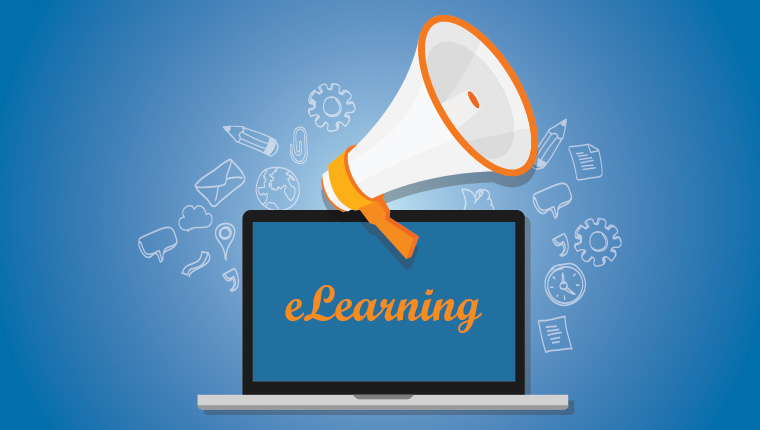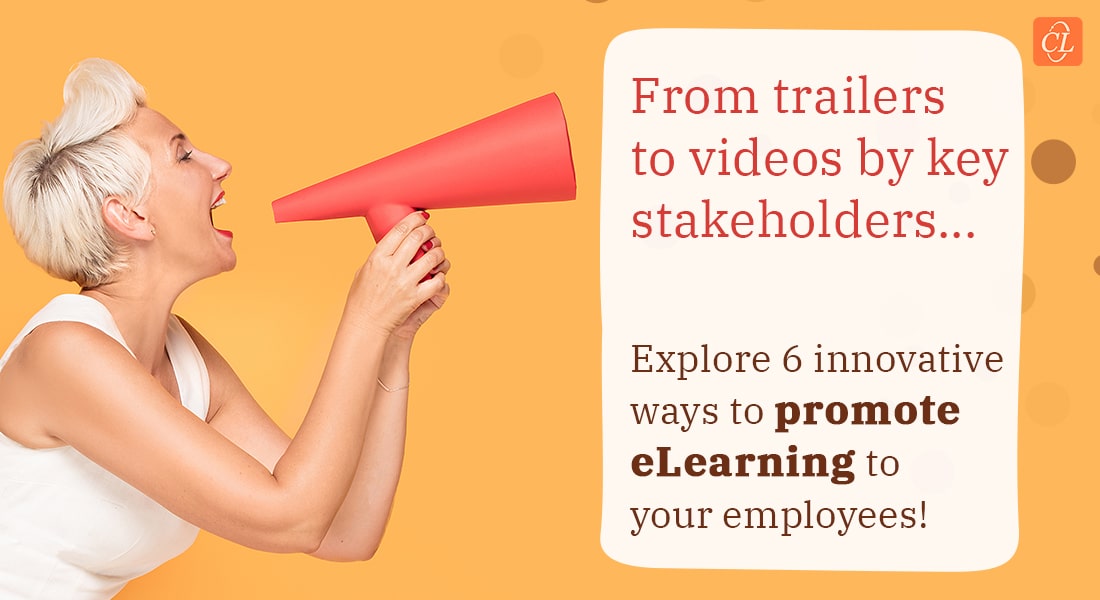How Can Gamified eLearning Assessments Boost Engagement and Knowledge Retention

The corporate landscape is constantly evolving, demanding a workforce that's not only skilled but also adaptable. However, the traditional eLearning approach often falls short. This blog post dives into how gamification can transform eLearning assessments, addressing common challenges and unlocking a more engaged and knowledgeable workforce.
Want to Gamify eLearning Assessments?
Here are a few creative ways -
- Gamified quizzes
- Scenario-based assessments with game elements
- Leaderboards and badges
- Leveling up
- Narrative-driven assessments
The Evolving Challenges in Corporate eLearning
Corporate eLearning plays a crucial role in employee development, offering flexibility and scalability. Yet, it faces two significant hurdles:
- Learner Engagement: Dry, text-heavy content and monotonous assessments often fail to capture learners' interest. This leads to passive participation and reduced knowledge absorption.
- Knowledge Retention: Information overload and a lack of interactive reinforcement can hinder long-term knowledge retention. Learners may quickly forget what they've learned, leading to a poor return on investment for training programs.
→ Download eBook Now: AI + Gamification
Gamification: The Game-Changer in eLearning
Gamification isn't about turning learning into a frivolous game. Instead, it strategically applies game elements to non-game contexts, like eLearning assessments. The benefits are remarkable:
Increased Motivation: Rewards, leaderboards, and progress indicators tap into our innate desire for achievement and recognition, motivating learners to actively participate.
Enhanced Engagement: Game elements like challenges, puzzles, and interactive scenarios create an immersive learning experience, keeping learners hooked.
Improved Knowledge Retention: Gamified assessments encourage active recall and repeated practice, strengthening neural pathways and boosting long-term memory.
Personalized Learning: Adaptive gamification can tailor assessments to individual learner needs and preferences, optimizing the learning experience.

Positive Learning Environment: Gamification injects fun and excitement into the learning process, reducing stress and promoting a positive association with learning.
Integrating Gamification into eLearning Assessments
Let's explore some creative ways to gamify your eLearning assessments:
1.Gamified Quizzes
Transform traditional quizzes into interactive challenges with points, levels, and badges.
Use timers to add a sense of urgency and excitement.
Incorporate instant feedback to guide learners and reinforce correct answers.
2.Scenario-Based Assessments with Game Elements
Create branching scenarios where learner choices impact the outcome.
Use characters and narratives to make the assessment more engaging.
Award points for correct decisions and provide hints to help learners progress.
3.Leaderboards and Badges
Display a leaderboard to foster friendly competition among learners.
Award badges for completing modules, mastering skills, or achieving high scores.
Make badges shareable on social media to promote engagement and a sense of accomplishment.
4.Leveling Up
Structure assessments into levels of increasing difficulty.
Unlock new content or features as learners progress through the levels.
Offer rewards or bonuses for reaching higher levels.
5.Narrative-Driven Assessments
Embed assessments within a compelling storyline.
Use characters and dialogue to guide learners through the assessment.
Create a sense of purpose and urgency to motivate learners.
Top 3 Authoring Tools for Designing Gamified Assessments
The right tools can streamline the creation of gamified assessments:
1.Articulate Storyline 360
A powerful, versatile tool with a robust set of features that empower you to create truly engaging gamified eLearning assessments. Storyline 360's intuitive interface allows you to incorporate triggers, variables, and interactive elements to create branching scenarios, simulations, and custom game mechanics.
2.Adobe Captivate
Adobe Captivate offers a comprehensive gamification toolkit that empowers you to create a wide variety of engaging learning experiences. Leverage a library of pre-built game assets, including characters, backgrounds, and interactive objects, to quickly add a layer of gamification to your assessments. Captivate also allows you to create custom game mechanics using its powerful scripting language.
3.Elucidat
Elucidat stands out for its collaborative features, making it ideal for teams working together on gamified assessments. The platform offers a range of templates and interactive elements that can be easily customized to create engaging learning experiences.
Key Considerations for Gamified Assessments
While gamification holds immense potential, keep these factors in mind:
Alignment with Learning Objectives: Ensure that game elements enhance, not distract from, the core learning goals. To help you out, here’s a quick infographic stating the differences between gamification and game-based learning, so that you don’t get confused between the two.

Balance and Variety: Don't over-gamify. Strike a balance between game elements and traditional assessment components.
Feedback Loop: Provide timely and meaningful feedback to reinforce learning and guide progress.
Accessibility: Design assessments that are accessible to learners with diverse abilities.
Data Analytics: Track learner data to measure the effectiveness of your gamified assessments and make continuous improvements.
The Future of Gamified eLearning Assessments
As technology advances, the possibilities for gamified eLearning assessments are endless. Expect to see:
- Virtual Reality (VR) and Augmented Reality (AR) integration: Immersive learning assessments that transport learners to realistic scenarios.
- Artificial Intelligence (AI) personalization: Adaptive assessments that dynamically adjust difficulty and content based on individual learner performance.
- Gamification for soft skills development: Simulations and scenarios to assess and improve communication, teamwork, and problem-solving skills.
Wrapping Up!
Gamified eLearning assessments are a powerful tool to transform corporate learning. By harnessing the principles of game design, you can create engaging, motivating, and effective assessments that lead to a more skilled, knowledgeable, and adaptable workforce. Here’s a free eBook to help you understand how AI can supercharge gamification!




